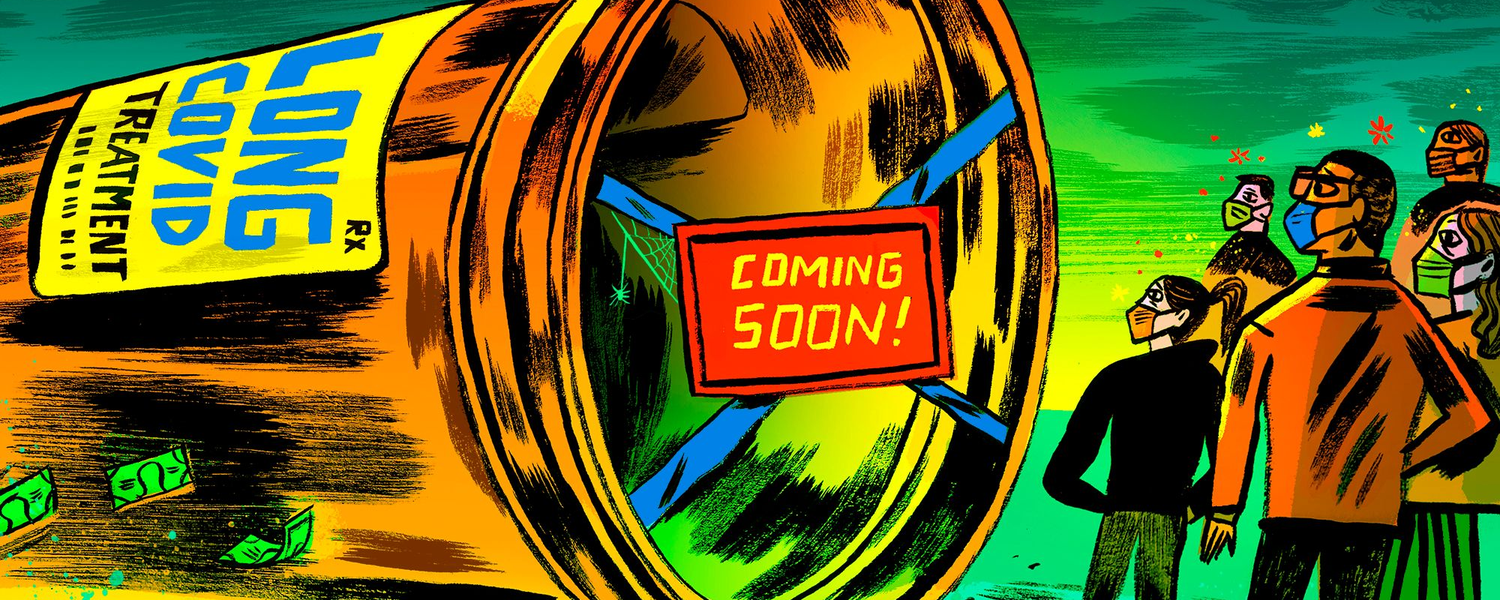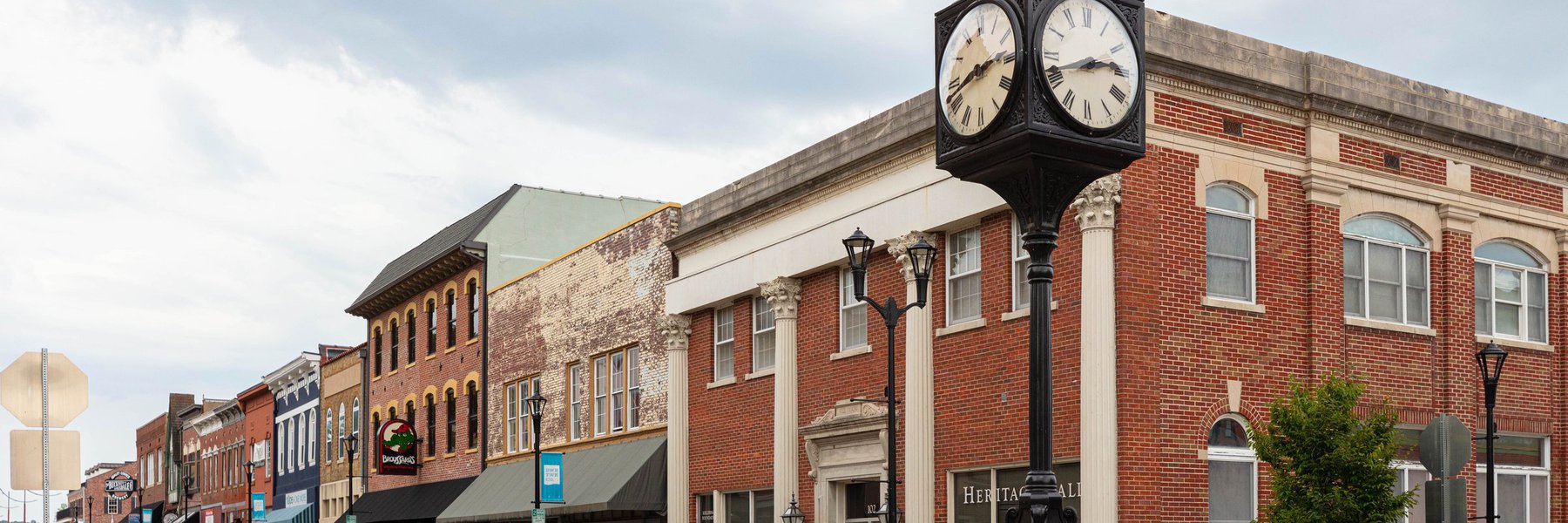COVID-19 has made responses to public records slower and more uncertain. Most agencies are dealing with a new normal of remote work and staffing levels limited by socially-distancing. At MuckRock we have helped file more than 75,000 freedom of information requests over the past 10 years. Our standard advice holds even during this extraordinary time. Be empathetic to transitions necessary to maintain health and safety of government workers but be prepared to enforce the expectations of the state public records and open meeting laws. The following FAQ can help you work through the rest.
Contact us with suggestions and changes you’ve noticed in public records access.
What is happening at the state level?
Go into requests prepared with the basics. Check to see whether the state has made any official alterations to how the laws are applied.
Some states have suspended response deadlines but in most states, the regular rules still apply.
Colorado, Connecticut, Delaware, District of Columbia, Hawaii, Illinois, Indiana, Iowa, Louisiana, Michigan, New Jersey, and Rhode Island have issued executive orders or legislation to suspend request deadline requirements.
MuckRock’s state pages have details on each state’s rules on response deadlines and filing appeals. We’re also keeping track of what we know about changes to state and agency records policies on the page Transparency changes in response to COVID-19.
If state rules have not been changed to respond to COVID-19 the existing mechanisms for getting your records - calling the agency, submitting an administrative appeal, opening a complaint with the state ombudsman - should still be available. If you’re running into problems in states where records requests should still be processing, please let us know.
What is happening with federal agencies?
Federal agencies that have always been slow to honor requests will continue to be slow. The State Department’s FOIA department, for example, has been rendered essentially unusable, for example. Still, most agencies have remote access to their records and are expected to be complying with the federal FOIA.
Agencies should still be honoring requests for expedited processing, as The Congressional Research Service recently reminded agencies in this guidance. If you’re a journalist requesting materials on COVID-19, we suggest including a few sentences on why the request is urgent, in the public interest, and eligible for expedited processing.
How can I improve my odds of getting a FOIA response?
All of the old rules of thumb still apply when requesting right now, so keep those old tools handy.
Building off of what has already been made public will help you to get more specific, more quickly.
Requesting a particular document or form, one administrators can easily identify and retrieve, is going to be more successful and can lead to a quicker turnaround than vague and wide-ranging requests.
Aggregate information may be released more quickly than individual case information because it may be protected from disclosure and take time to redact or review.
IRE and the Reporters Committee for Freedom of the Press recorded a webinar earlier this month on requesting during COVID-19, which featured a lot of useful information, including a discussion of HIPAA’s applicability under state public records laws.
What should I request?
Check out what COVID-19 the state and county departments of health, emergency management, and offices of the Executive are releasing publicly already. Some are sharing granular COVID-19 data. Washington’s Department of Health, for example, is publicly releasing the results of all COVID-19public records requests.
MuckRock recommends getting a handle on how transparency is being protected or impinged in your reporting area. We all have an interest in the open communication between government and the public, an interest that becomes more critical during a crisis. We suggest focusing requests on current emergency mitigation and government agencies post-pandemic plans. Here are some ideas for requests to file and the agencies to ask.
- City Administration: The current open meeting policy
The possible violation of open meetings laws is a threat to transparency. Minimize these potential abuses by identifying how your town or county is conducting meetings. You can find a sample for one of these requests on MuckRock.
- City Administration: Procurement records
Whatever your interest - education, policing, city administration - there is a lot of purchasing in direct response to COVID. Some purchases will be necessary and urgent, while other procurement may sidestep regular oversight processes. Ask the municipal office responsible for handling purchases for recently issued or fulfilled “Requests for Proposal” or invoices.
- Local Treasurers: Emails on taxes and town budgets
With unemployment at an historic high, municipalities are bracing for the revenue hit as fewer may be able to afford to pay taxes. A request for emails from the Town Administrator or Treasurer mentioning the word “budget” over the last month could illuminate how municipalities anticipate dealing with the financial fallout of COVID-19.
- Local police or sheriffs: Police surveillance
Departments are facing staffing shortages and sick workforces. Check for new technology being purchased and for plans for how departments will handle staffing over the next few months. Even though some of these requests may be denied on security grounds, many states require agencies to redact and release what can be made public, so be prepared to challenge any denials.
- County public health: Incidents in local nursing homes
Nursing homes are required to report cases of infectious disease to both state and local health departments, according to the Centers for Medicare & Medicaid Services. Begin with what the state Department of Health has already made available. In Ohio, for example, the state Department of Public Health has already released the names of each long-term care facility with a confirmed COVID case, so requesting that information via the public information law wouldn’t be a good use of time. Some states, like Virginia, exempt health data under state law, but in jurisdictions where there aren’t explicit limits on releasing this data, either state or county health agency should have useful numbers.
Identifying affected nursing homes is just the first step. These facilities might have a story in their inspection histories, like The Mercury News found in the Bay Area using requests to the California Department of Public Health and NorthEscambia.com found in Escambia County, Florida, where the outlet asked for inspections and violations associated with the name of the facility.
- Local emergency management: Emergency response plans and preparedness
You can learn more about local plans for emergency COVID-19 coordination or the plans for mitigating additional emergencies, like hurricanes, by requesting those procedures. There may be some security restrictions on disclosure, but as is the case with law enforcement records, it’s rare that every single record should be withheld. A lack of contingency plans might also be an important story for your community.
- Local school districts: Education plans
Schools need plans for communicating and educating their children. Ask for the emails, plans, and contracts that are going to get students through the rest of the school year and may preview practices that could use more public discussion. The school district in Natick, MA, for example, is one of a reported one thousand educational institutions contracting with social media monitoring software Social Sentinel to monitor students’ online messages while they are home.
- Sheriff’s department: Visitation and lockdown reports
People living in jails and prisons across the country are at increased risk of COVID-19 infection. There has been a grab-bag of responses by sheriffs departments and state departments of corrections to try to ease crowding and promote social distancing like a shut down of in-person visitations, limitations on internal movement, lockdowns, and release of low-risk inmates. Find out what steps your local facility has taken and what they’ve done to handle existing cases by asking for their procedure for reporting infectious disease, COVID-19 specifically, and any reports they may have already made to the state correctional department or county health representatives .
What FOI requests, projects, or requests should I be following?
MuckRock staff and users have been busy filing requests on the COVID crisis that can be good templates for your requests. We encourage you to use them! Requests include:
We’re always on the lookout for creative and effective uses of public records laws. Let us know if you’ve seen a story or record release that could help the public better understand the response and effects of COVID-19.
You can find more resources and updates on the page Transparency changes in response to COVID-19 and get regular updates on FOIA and public records by signing up for our newsletter.




